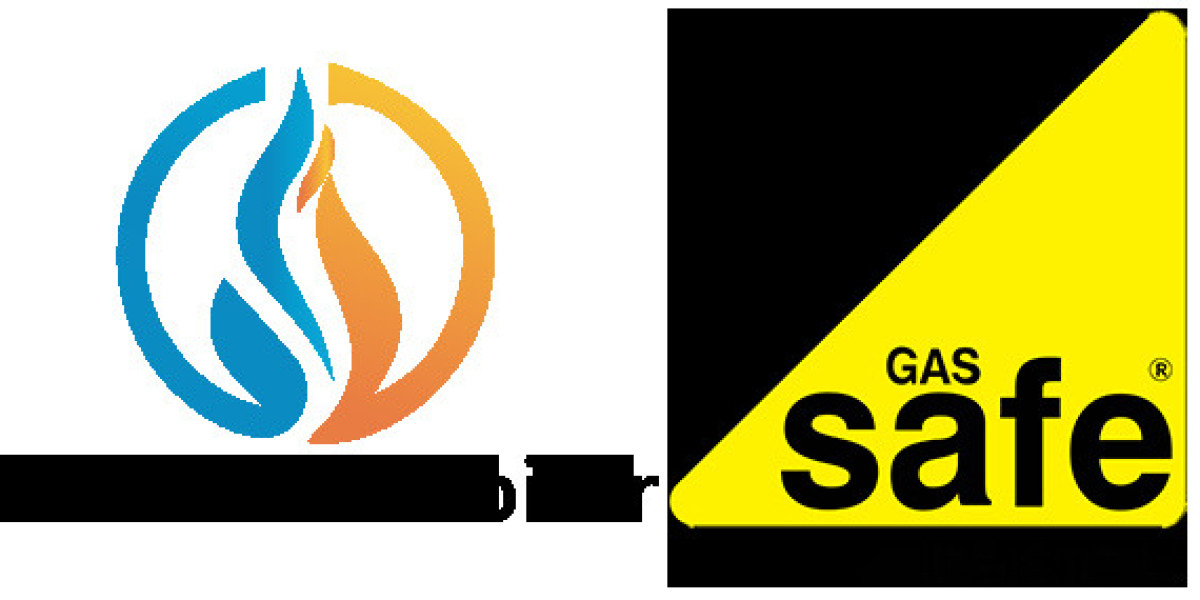Gas safety is a crucial aspect of maintaining any property, especially rental accommodations. Ensuring that all gas appliances and installations are in good working order is not just a legal obligation but also a moral one, safeguarding the lives of occupants. A Gas Safety Certificate, also known as a CP12, is essential for landlords to demonstrate that their properties meet the required safety standards. This comprehensive guide will walk you through everything you need to know about obtaining and maintaining a Gas Safety Certificate.
Understanding the Gas Safety Certificate
A Gas Safety Certificate is a document that confirms that gas appliances within a property have been checked and are safe to use. This certificate is issued by a registered Gas Safe engineer following a thorough inspection.
Legal Requirements for Landlords
Landlords are legally required to ensure that all gas appliances, fittings, and flues in their properties are safe. This involves:
- Annual Checks: Gas appliances must be inspected at least once a year.
- Record Keeping: Landlords must retain records of these inspections for at least two years.
- Providing Copies: Tenants must be given a copy of the Gas Safety Certificate within 28 days of the inspection.
The Inspection Process
A registered Gas Safe engineer carries out the inspection. This process includes:
- Checking Appliance Safety: Ensuring that all gas appliances are functioning correctly and safely.
- Ventilation Inspection: Verifying that adequate ventilation is present to allow appliances to burn gas safely.
- Flue Testing: Ensuring that harmful gases are being safely expelled outside the property.
Choosing a Qualified Engineer
To ensure a thorough and accurate inspection, it is vital to choose a Gas Safe registered engineer. This guarantees that the professional conducting the inspection is qualified and knowledgeable about gas safety standards.
Maintaining Gas Safety Throughout the Year
While annual inspections are mandatory, maintaining gas safety is a year-round responsibility. Regular checks and maintenance of appliances can prevent issues from arising. Encouraging tenants to report any problems immediately also helps in maintaining a safe environment.
Common Issues Found During Inspections
Several common issues can be identified during a gas safety inspection, including:
- Faulty Appliances: Appliances that are not functioning correctly or are unsafe to use.
- Inadequate Ventilation: Lack of proper ventilation can lead to dangerous situations.
- Blocked Flues: Blocked or damaged flues can prevent harmful gases from being safely expelled.
The Importance of Carbon Monoxide Detectors
Installing carbon monoxide detectors in properties with gas appliances is strongly recommended. These devices provide an additional layer of safety by alerting occupants to the presence of this dangerous, odorless gas.
Responding to Gas Safety Emergencies
In the event of a gas safety emergency, it is crucial to act quickly:
- Evacuate the Area: Ensure that everyone leaves the property immediately.
- Shut Off Gas Supply: If it is safe to do so, turn off the gas supply at the mains.
- Call Emergency Services: Contact emergency services to handle the situation.
Consequences of Non-Compliance
Failing to obtain a Gas Safety Certificate or neglecting regular inspections can have severe consequences, including:
- Legal Penalties: Landlords may face fines or imprisonment for non-compliance.
- Insurance Issues: Lack of a valid certificate can invalidate insurance policies.
- Tenant Safety: The most critical consequence is the potential risk to tenant safety.
Costs Associated with a Gas Safety Certificate
The cost of obtaining a Gas Safety Certificate can vary based on several factors, such as the number of appliances and the location of the property. However, it is a necessary investment to ensure safety and compliance.
Renewing Your Gas Safety Certificate
Remember that a Gas Safety Certificate is valid for one year. Scheduling annual inspections well in advance can help avoid last-minute rushes and ensure continuous compliance.
Gas Safety Certificate for New Properties
When renting out a new property, landlords must obtain a Gas Safety Certificate before tenants move in. This initial inspection ensures that all appliances are safe from the start of the tenancy.
Tenant’s Responsibilities in Gas Safety
While landlords have the primary responsibility, tenants also play a role in maintaining gas safety:
- Reporting Issues: Tenants should promptly report any problems with gas appliances.
- Allowing Access for Inspections: Tenants must allow access to the property for annual inspections and any necessary maintenance work.
Case Studies: Importance of Gas Safety
Examining real-life case studies where gas safety has been neglected can highlight the importance of compliance. These stories often involve severe consequences, reinforcing the need for regular inspections and maintenance.
Future of Gas Safety Regulations
Gas safety regulations are continually evolving to improve safety standards. Staying informed about changes in legislation ensures that landlords remain compliant and continue to provide safe living environments.
Environmental Impact of Gas Appliances
Considering the environmental impact of gas appliances is also essential. Regular maintenance and using energy-efficient appliances can help reduce the carbon footprint of a property.
Technological Advancements in Gas Safety
Advancements in technology have introduced smart gas detectors and other innovations that enhance safety. These devices can provide real-time monitoring and alerts, adding an extra layer of protection.
Training and Certification for Gas Safe Engineers
To become a Gas Safe registered engineer, individuals must undergo rigorous training and certification processes. Understanding these requirements can help landlords appreciate the expertise of these professionals.
Public Awareness and Gas Safety Campaigns
Public awareness campaigns play a crucial role in promoting gas safety. Supporting and participating in these campaigns can help spread the importance of regular gas safety checks.
Gas Safety in Commercial Properties
Commercial properties also require Gas Safety Certificates. The process is similar to residential inspections, ensuring that all gas installations and appliances are safe for use in a business environment.
How to Handle Disputes with Tenants
Disputes regarding gas safety can arise between landlords and tenants. Handling these disputes professionally and legally is crucial to maintaining a good landlord-tenant relationship.
The Role of Property Management Companies
Property management companies often handle gas safety inspections on behalf of landlords. Understanding their role and responsibilities can help ensure that all safety checks are conducted properly and on time.
Summary of Key Takeaways
In summary, obtaining and maintaining a Gas Safety Certificate is a legal and moral responsibility for landlords. Regular inspections, choosing qualified engineers, and maintaining open communication with tenants are essential steps in ensuring gas safety. By staying informed and proactive, landlords can provide safe living environments and avoid the severe consequences of non-compliance.
FAQs
What is a Gas Safety Certificate? A Gas Safety Certificate is a document issued by a registered Gas Safe engineer, confirming that gas appliances within a property have been checked and are safe to use.
Who needs a Gas Safety Certificate? Landlords of residential and commercial properties with gas appliances must obtain a Gas Safety Certificate.
How often do I need to renew my Gas Safety Certificate? The certificate must be renewed annually, with inspections conducted at least once a year.
What happens if I don’t have a Gas Safety Certificate? Failure to have a valid certificate can result in legal penalties, insurance issues, and, most importantly, jeopardize tenant safety.
How can I find a registered Gas Safe engineer? You can find a registered engineer through the Gas Safe Register, which provides a list of qualified professionals.
What should I do in a gas safety emergency? In an emergency, evacuate the area, shut off the gas supply if safe, and contact emergency services immediately.



